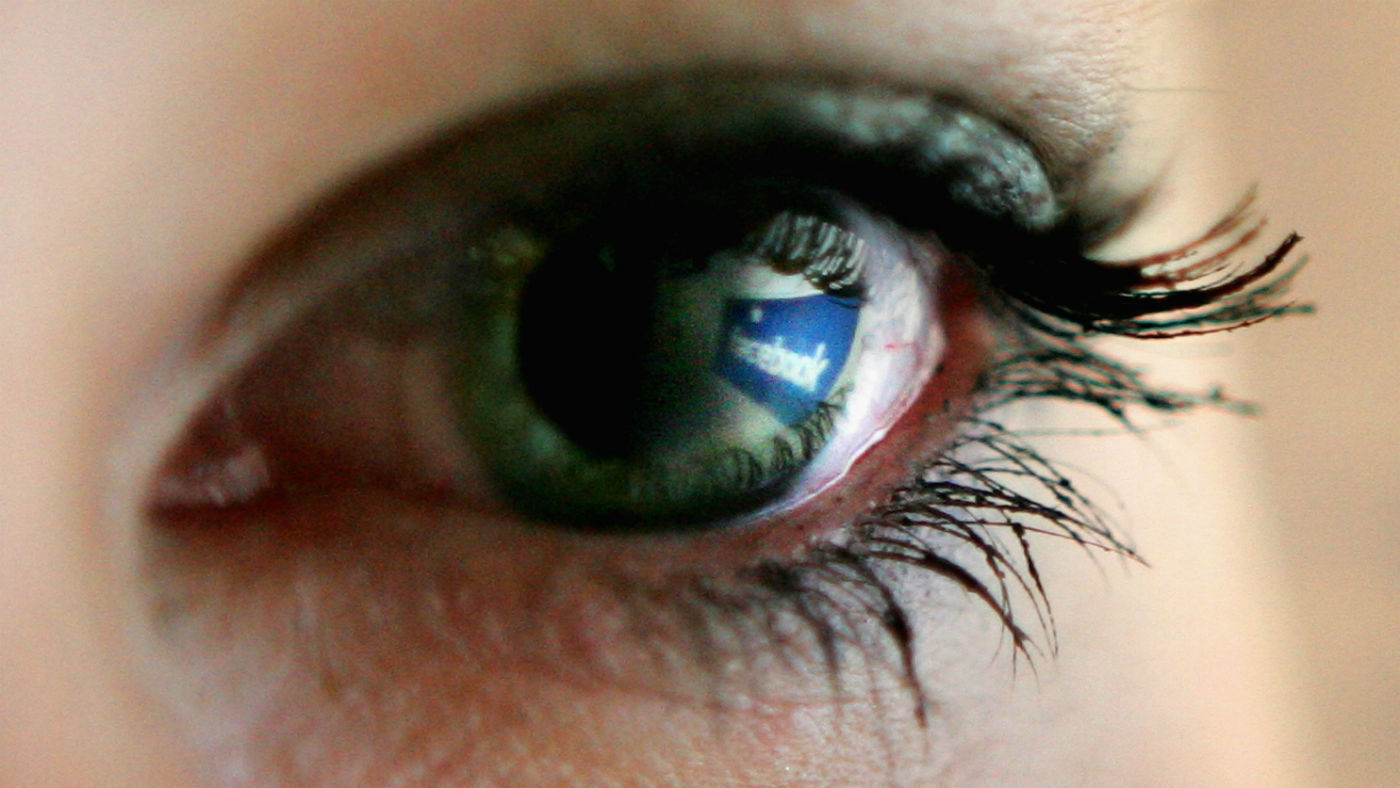How Facebook and Google spread false information about Las Vegas shooter
Tech giants accused of ‘not caring about viral spread of misinformation’ through their platforms

A free daily email with the biggest news stories of the day – and the best features from TheWeek.com
You are now subscribed
Your newsletter sign-up was successful
Facebook and Google have been criticised for promoting false news stories claiming that the shooter who killed more than 50 people in Las Vegas was a Democrat who opposed Donald Trump.
The misidentification “spread rapidly from dark corners of the internet to mainstream platforms in the latest example of fake news polluting social media amid a breaking news story,” reports The Guardian.
Google search results related to the name of the man wrongly identified as the killer prominently displayed a post from the online forum 4chan - where users were asserting links between him and the Democrats and left-wing political news websites.
The Week
Escape your echo chamber. Get the facts behind the news, plus analysis from multiple perspectives.

Sign up for The Week's Free Newsletters
From our morning news briefing to a weekly Good News Newsletter, get the best of The Week delivered directly to your inbox.
From our morning news briefing to a weekly Good News Newsletter, get the best of The Week delivered directly to your inbox.
Similarly, on Facebook, a “Safety Check” page the social network offers to “help connect with friends and family and find and give help after a crisis” promoted stories from the right-wing news sites Gateway Pundit and Blogspot, which “also falsely identified the suspected shooter and included misleading speculation on his motivation,” says Forbes.
Google tried to downplay the problem, saying the reason 4chan appeared at the very top of its search results, highlighted with a photo and set aside in a box, was the fault of an algorithm.
“Unfortunately, early this morning we were briefly serving an inaccurate 4chan website in our Search results for a small number of queries,” the company said in a statement. “Within hours, the 4chan story was algorithmically replaced by relevant results. This should not have appeared for any queries, and we’ll continue to make algorithmic improvements to prevent this from happening in the future.”
Facebook said the offending post was spotted by its global security operations centre but that “its removal was delayed by a few minutes”. In that time, it added, the post was “screen-captured and circulated online”.
A free daily email with the biggest news stories of the day – and the best features from TheWeek.com
‘Series of half-measures’
Both tech giants have faced calls to take greater responsibility for the stories they promote following revelations of Russian interference in last year’s US elections.
“Despite months of assurances to the contrary, the internet’s two largest media platforms have yet to adequately protect their systems from enabling the viral spread of misinformation,” says Forbes.
“There’s a way - the fact is, they don’t have the will,” Scott Galloway, a professor of marketing at New York University told the Financial Times.
Facebook has said it will hire 4,000 additional content moderators but Galloway said that was not enough to have an effect: “It’s pi**ing in the ocean - it’s a series of half measures.”
The Outline’s William Turton agrees saying: “The only reasonable conclusion at this point is that tech companies like Google and Facebook do not care about fixing this.”
“Making sure 4chan is not included in this module seems like the lowest possible bar you could set for Google, and yet the company failed to clear it,” he adds.
-
 Why is the Trump administration talking about ‘Western civilization’?
Why is the Trump administration talking about ‘Western civilization’?Talking Points Rubio says Europe, US bonded by religion and ancestry
-
 Quentin Deranque: a student’s death energizes the French far right
Quentin Deranque: a student’s death energizes the French far rightIN THE SPOTLIGHT Reactions to the violent killing of an ultraconservative activist offer a glimpse at the culture wars roiling France ahead of next year’s elections.
-
 Secured vs. unsecured loans: how do they differ and which is better?
Secured vs. unsecured loans: how do they differ and which is better?the explainer They are distinguished by the level of risk and the inclusion of collateral
-
 Will AI kill the smartphone?
Will AI kill the smartphone?In The Spotlight OpenAI and Meta want to unseat the ‘Lennon and McCartney’ of the gadget era
-
 Is social media over?
Is social media over?Today’s Big Question We may look back on 2025 as the moment social media jumped the shark
-
 Has Google burst the Nvidia bubble?
Has Google burst the Nvidia bubble?Today’s Big Question The world’s most valuable company faces a challenge from Google, as companies eye up ‘more specialised’ and ‘less power-hungry’ alternatives
-
 How the online world relies on AWS cloud servers
How the online world relies on AWS cloud serversThe Explainer Chaos caused by Monday’s online outage shows that ‘when AWS sneezes, half the internet catches the flu’
-
 Is the UK government getting too close to Big Tech?
Is the UK government getting too close to Big Tech?Today’s Big Question US-UK tech pact, supported by Nvidia and OpenAI, is part of Silicon Valley drive to ‘lock in’ American AI with US allies
-
 Google: A monopoly past its prime?
Google: A monopoly past its prime?Feature Google’s antitrust case ends with a slap on the wrist as courts struggle to keep up with the tech industry’s rapid changes
-
 South Korea's divide over allowing Google Maps
South Korea's divide over allowing Google MapsTalking Points The country is one of few modern democracies where the app doesn't work
-
 Google avoids the worst in antitrust ruling
Google avoids the worst in antitrust rulingSpeed Read A federal judge rejected the government's request to break up Google